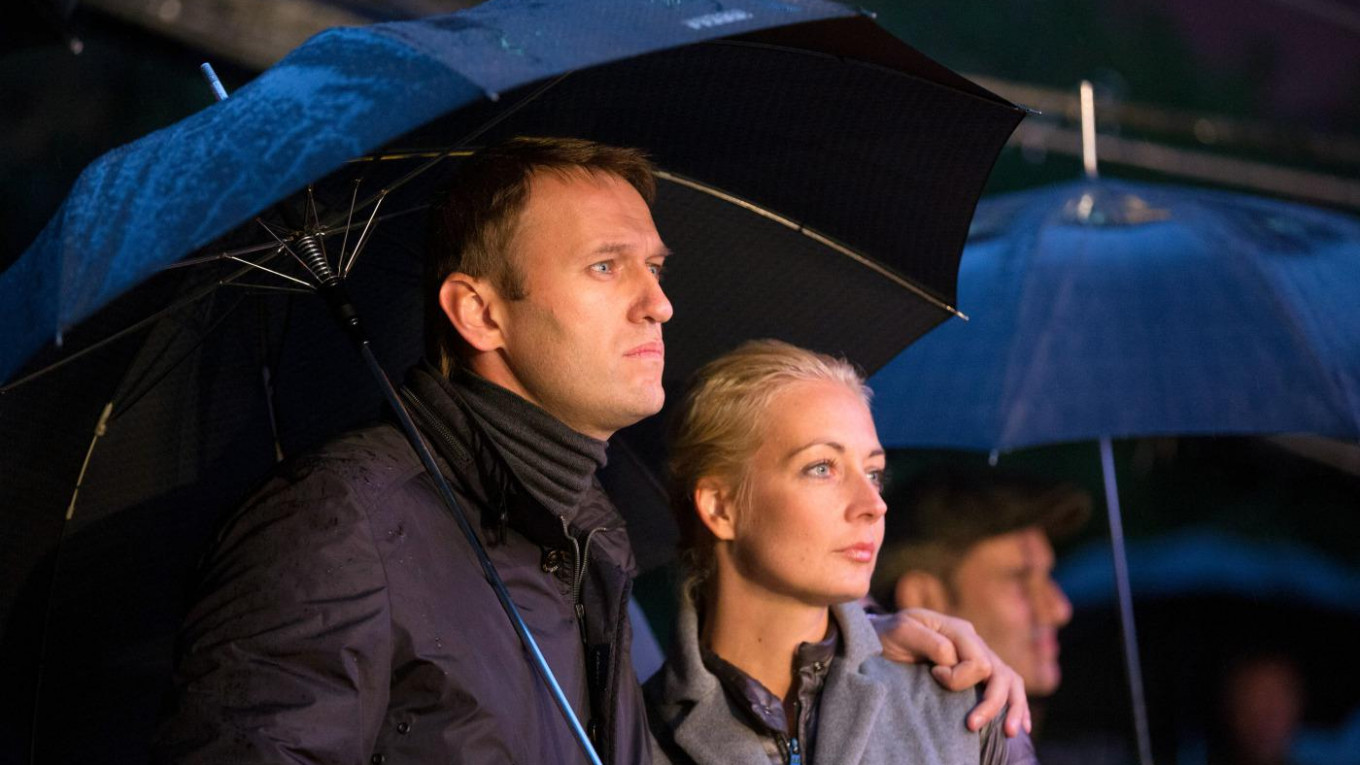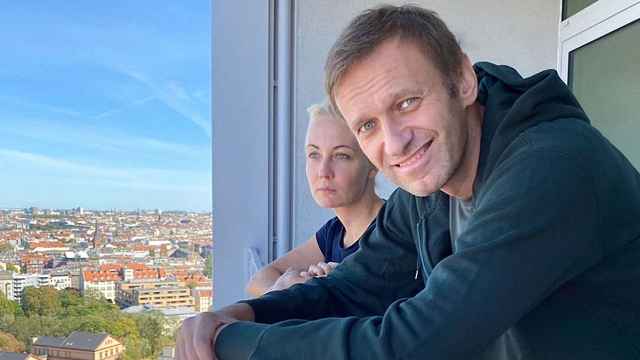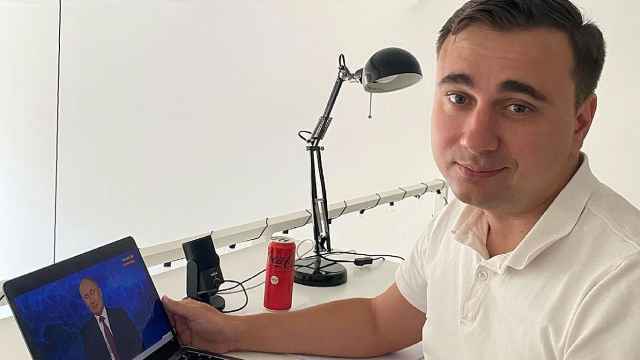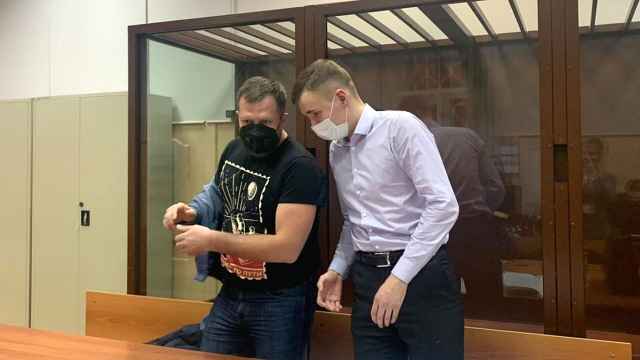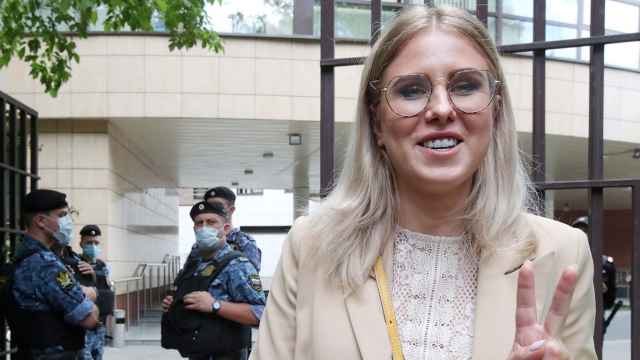(Bloomberg) — Several thousand Russians braved sub-zero temperatures to protest against President Vladimir Putin, who’s seeking to prolong his almost two-decade-long rule in March elections.
Russian opposition leader Alexei Navalny, who’s been barred from taking part in the March 18 vote, was dragged roughly by police into a bus shortly after he arrived at the demonstration on Moscow’s central thoroughfare, Tverskaya Street, according to a live video feed from the scene.
He had called on his supporters to rally in more than 100 cities in a bid to put more pressure on the Kremlin after a series of mass protests last year. Police reported protests in more than two dozen cities, according to official media.
About 90 people were detained in cities in eastern and central Russia by 2 p.m. Sunday in Moscow, according to OVD-Info, a monitoring group.
Protesters marched along Moscow’s Tverskaya Street, chanting “Putin leave” and defying cold weather and warnings by police that they could face arrest for participating in an unsanctioned demonstration.
After authorities refused to register his candidacy in the election, Navalny has called on supporters to boycott the vote.
“It’s absolutely clear that the most important thing that any person can do now is to go and protest,” Navalny, 41, said on his blog ahead of Sunday’s demonstration. “Because that’s the only path open to us in Russia, where we’re kept out of elections and the media and you can’t win in court.”
While Putin, 65, is assured of victory with popularity ratings of more than 80 percent, his most prominent opponent is counting on dissatisfaction at stagnant growth and living standards after the longest recession this century has fueled the protest mood. Since two rallies in March and June 2017 attracted tens of thousands of people in up to 100 cities across Russia, enthusiasm has waned somewhat.
A Message from The Moscow Times:
Dear readers,
We are facing unprecedented challenges. Russia's Prosecutor General's Office has designated The Moscow Times as an "undesirable" organization, criminalizing our work and putting our staff at risk of prosecution. This follows our earlier unjust labeling as a "foreign agent."
These actions are direct attempts to silence independent journalism in Russia. The authorities claim our work "discredits the decisions of the Russian leadership." We see things differently: we strive to provide accurate, unbiased reporting on Russia.
We, the journalists of The Moscow Times, refuse to be silenced. But to continue our work, we need your help.
Your support, no matter how small, makes a world of difference. If you can, please support us monthly starting from just $2. It's quick to set up, and every contribution makes a significant impact.
By supporting The Moscow Times, you're defending open, independent journalism in the face of repression. Thank you for standing with us.
Remind me later.


